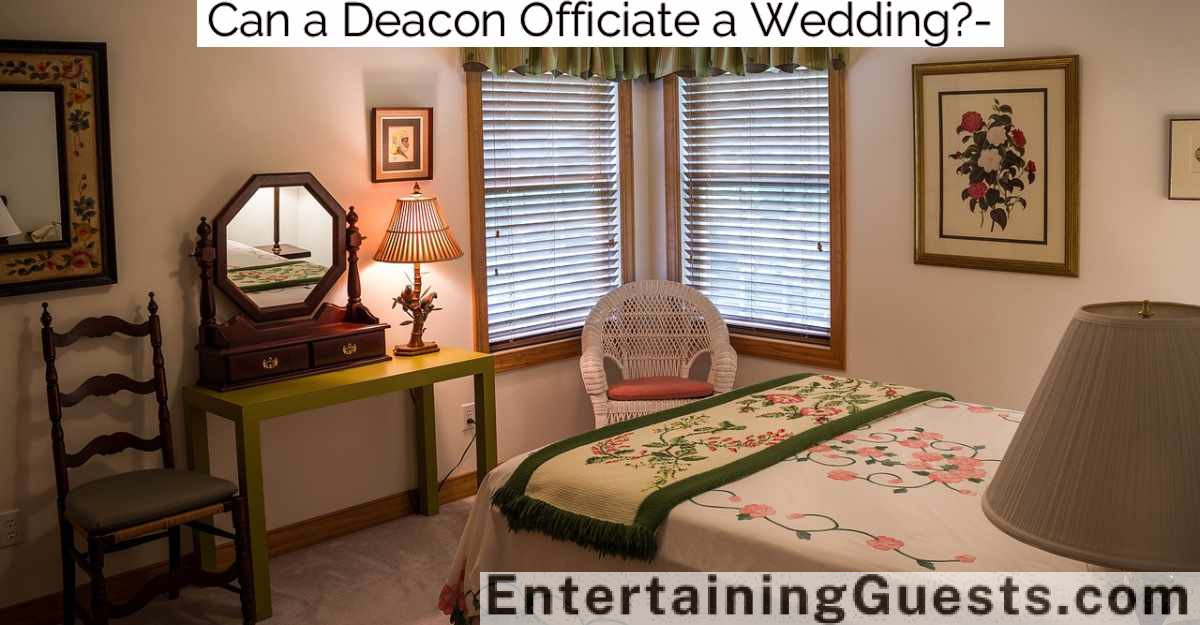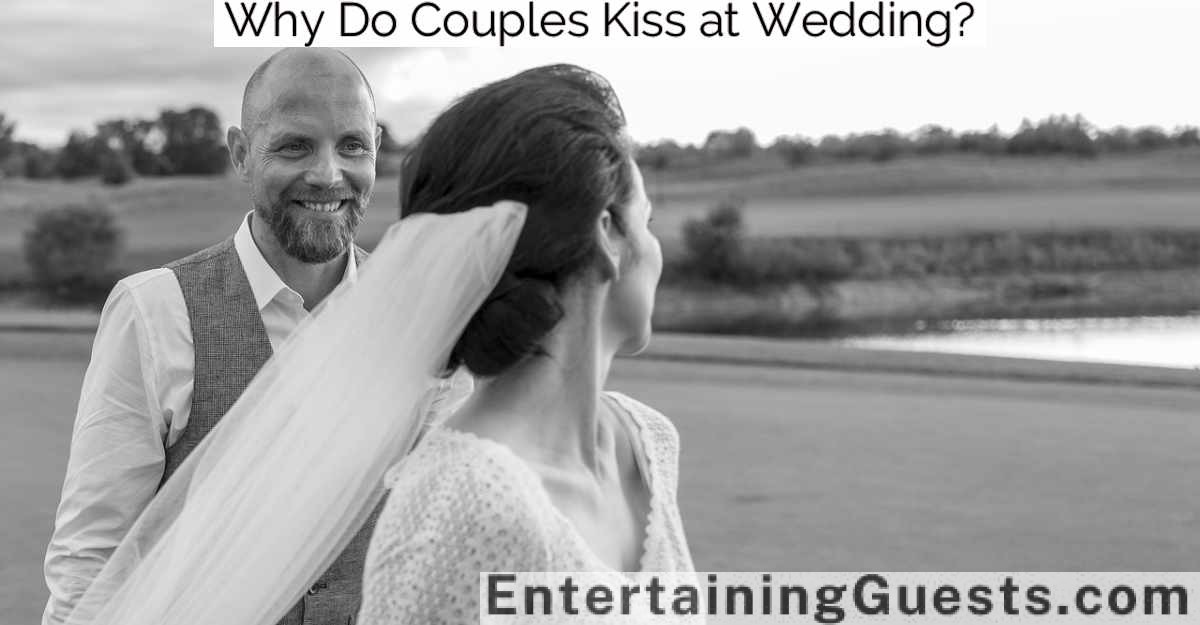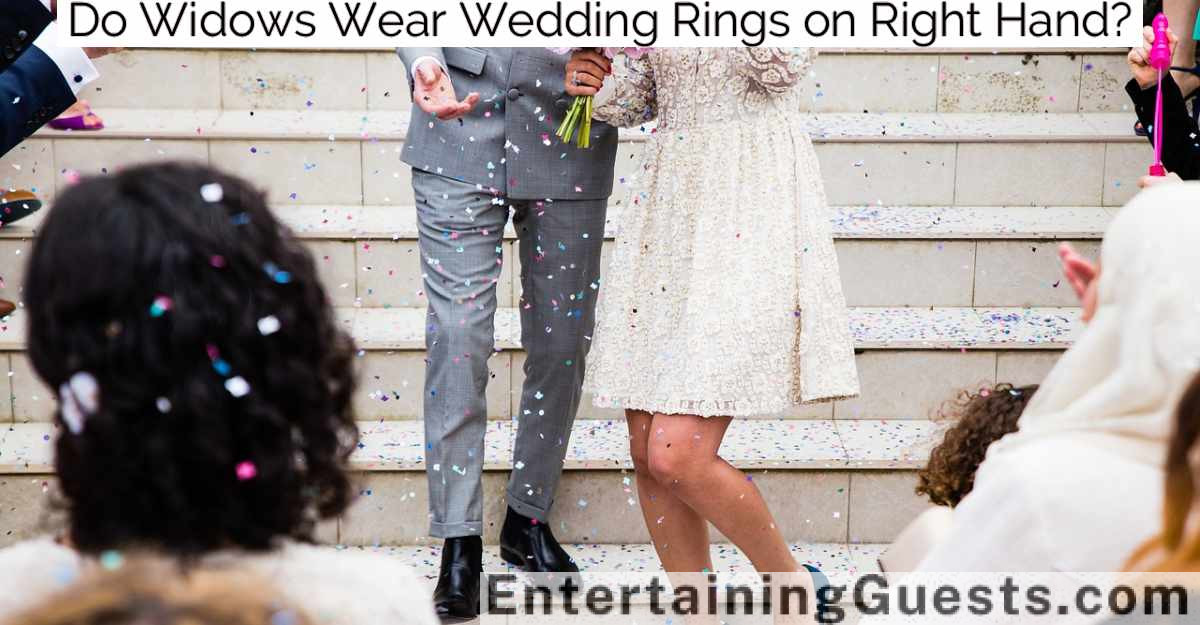Yes, deacons can officiate weddings in many Christian denominations based on both legal and denominational regulations.
In several U.S. states and within different religious traditions, deacons are authorized to conduct marriage ceremonies due to their status as ordained ministers. For example, in the Catholic Church, deacons are allowed to officiate at weddings as a part of their sacramental duties.
On the other hand, in some Protestant denominations, deacons are considered more like lay leaders and do not possess the authority to officiate.
The ability of a deacon to lead a wedding ceremony varies significantly across theological interpretations and legal jurisdictions, making it essential for individuals desiring a deacon-led wedding to investigate the specific requirements and limitations pertinent to their location and denomination.
Understanding the Role of a Deacon
In many Christian denominations, a deacon serves as an ordained minister of the lower order, primarily tasked with assisting the bishop and priests in the liturgy, preaching, and performing charitable works. This role, while essential, is often misunderstood in its scope and limitations.
Historically, the deacon’s functions have been shaped by both theological and ecclesiastical considerations, reflecting the evolving needs of the Church.
Theologically, deacons embody a service-oriented ministry, drawn from the example of Christ who came "not to be served, but to serve." This foundational concept underscores their duties, which aren’t sacramental in the traditional sense but are significant to the life of the church community. They facilitate worship by preparing the Eucharistic elements, reading the Gospel, and sometimes delivering homilies.
Their liturgical role, however, doesn’t typically extend to sacraments reserved for priests and bishops, such as consecrating the Eucharist. The question of whether deacons can officiate weddings therefore hinges on canonical authority and the specific sacramental theology that underpins marriage within various traditions.
It’s important to analyze these dimensions carefully, as they delineate the boundaries of a deacon’s ministerial capabilities within the broader ecclesiastical framework.
Legal Considerations by Region
Legal authority for deacons to officiate weddings varies greatly across different regions and denominations. In the United States, the legal capacity for deacons to perform wedding ceremonies hinges largely on state laws. Some states explicitly recognize deacons in their statutes alongside other ordained clergy, granting them the same rights to officiate matrimonial rites.
Others necessitate an additional form of governmental or denominational endorsement, reflecting a diverse legal landscape that intertwines civil regulations with ecclesiastical permissions.
In Europe, the scenario is equally complex but varies notably by country. For instance, in the United Kingdom, deacons must obtain a license from the local bishop; this is governed by both the ecclesiastical laws of the Church of England and the civil legal framework.
Conversely, in countries like France and Germany, the state mainly controls the legality of marriages, and religious ceremonies aren’t legally binding without a prior civil union.
This regional disparity necessitates that deacons and the couples they serve must be well-informed about applicable legal stipulations. It underscores the importance of understanding both the theological and legal dimensions of deacon-led weddings, ensuring compliance with both spiritual and civil requirements.
Variations Among Christian Denominations
Within the domain of Christian denominations, the role of a deacon in officiating weddings displays significant variation, shaped by theological beliefs and ecclesiastical structures. In Catholicism, deacons can preside over wedding ceremonies as they’re ordained clerics, reflecting the sacramental theology that recognizes matrimony as a covenant mediated by the Church. This capacity underscores the theological nuance that while priests administer the sacraments of Eucharist and Reconciliation, deacons can steward the sacrament of marriage, emphasizing their role in service to the community’s life cycle events.
Contrastingly, in many Protestant denominations, the function of a deacon differs markedly due to divergent views on clerical hierarchy and ordination. For instance, in Baptist churches, deacons are typically lay leaders, lacking the ecclesiastical authority to perform marriages. Their role is more about service and support rather than sacramental administration, aligning with a congregational understanding of ministry.
Moreover, Anglican and Orthodox traditions often allow deacons similar privileges to those in Catholicism, though with varying degrees of liturgical involvement depending on specific church canons. The Anglican Communion, while episcopally led, grants deacons considerable liturgical responsibilities, including wedding officiation under the oversight of a priest or bishop, reflecting a nuanced blend of Catholic tradition and reformed ecclesiology.
Steps to Choose a Deacon Officiant
Choosing a deacon to officiate a wedding involves a careful consideration of both ecclesiastical authority and personal compatibility. Initially, the couple must verify the deacon’s legitimacy and standing within their specific Christian tradition. This involves consulting with local church authorities to confirm that the deacon is authorized to perform wedding ceremonies.
Different denominations have various requirements and restrictions concerning the sacramental and legal capacities of deacons.
Once ecclesiastical endorsement is affirmed, the couple should evaluate the deacon’s alignment with their spiritual needs and wedding expectations. It’s important to discuss theological viewpoints and the nature of the marriage ceremony to guarantee that the deacon can meaningfully contribute to the solemnity and spiritual significance of the occasion.
This dialogue also fosters a personal connection and mutual understanding, which are vital for a ceremony that resonates with the couple’s beliefs and values.
Moreover, practical considerations such as the deacon’s availability and willingness to participate in pre-wedding counseling sessions should be addressed. These meetings can deepen the couple’s relationship with the officiant and clarify the ceremony details, guaranteeing a service that truly reflects their sacred commitment.
Preparing for a Deacon-Led Ceremony
Preparing for a deacon-led ceremony requires meticulous planning and a deep understanding of liturgical practices. The couple must engage with the deacon to guarantee their vision aligns with the ecclesiastical regulations governing such rites. This collaborative process involves theological discourse, exploring scriptural readings, and selecting hymns that reflect both the sanctity of the matrimonial covenant and the personal sentiments of the betrothed.
The deacon’s role extends beyond mere officiation; they serve as a spiritual guide. Their responsibility includes educating the couple on the sacramental significance of marriage, underpinning the union with doctrinal truths that emphasize permanence, fidelity, and procreation within the Christian context. This preparatory phase is essential for fostering a profound appreciation of the sacrament, guaranteeing that the ceremony transcends ceremonial observance and resonates as a divine covenant.
Logistically, rehearsals coordinated by the deacon are indispensable. They not only familiarize the couple with the flow of the ceremony but also involve pertinent liturgical elements, such as vows, blessings, and the Eucharist, if applicable.
Each element is imbued with theological significance, requiring careful consideration and respectful implementation to reflect the sanctity of the event.
Conclusion
To sum up, while deacons can officiate weddings, their authority varies greatly across regions and denominations. Those seeking a deacon-led ceremony must navigate legal stipulations and ecclesiastical norms. As a result, it’s crucial to consult local laws and denominational guidelines when choosing a deacon as an officiant. Preparation involves understanding the theological implications and practical requirements of a deacon-led wedding, ensuring the ceremony not only meets legal standards but also resonates with spiritual significance.







